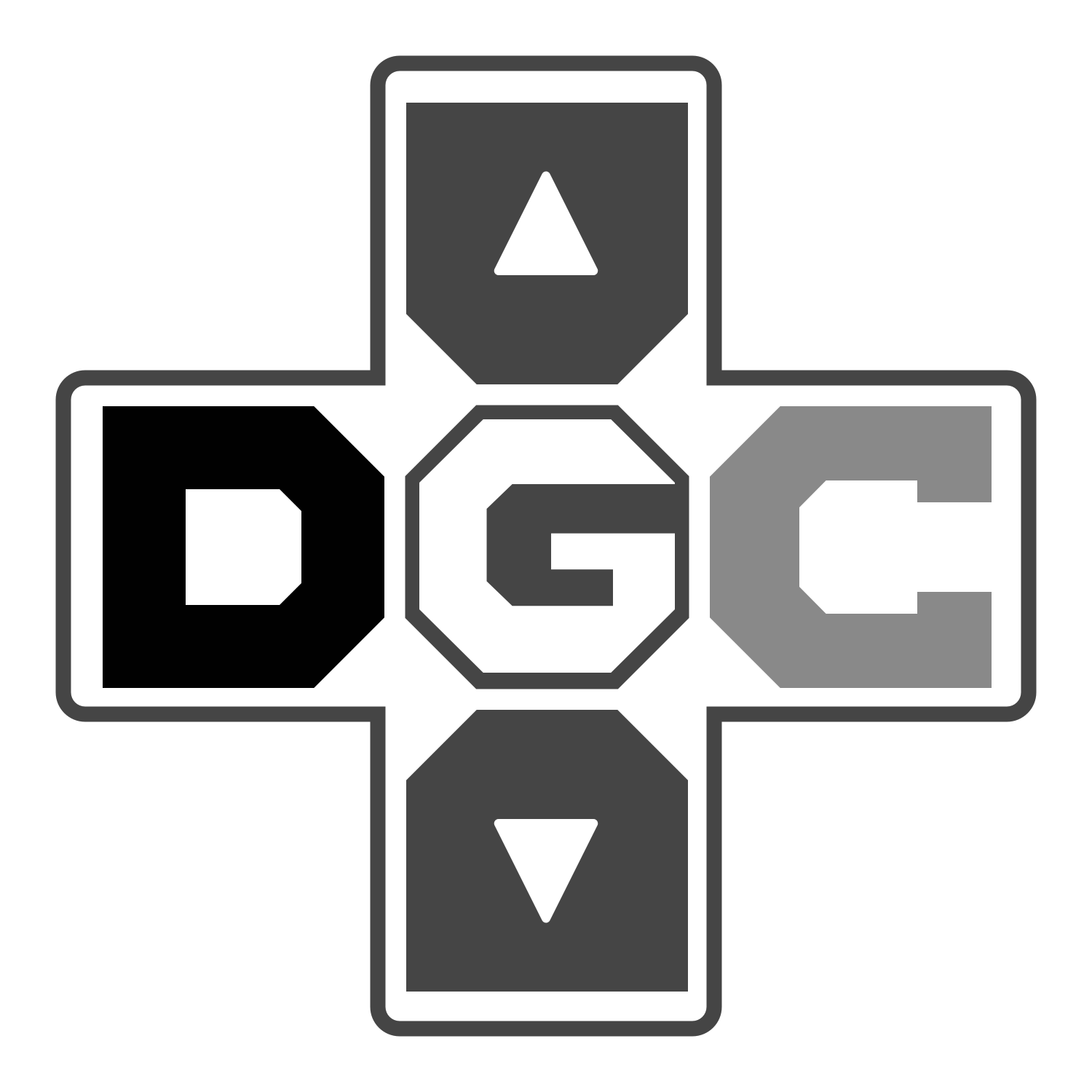DGC Ep 070: Interview with Dario Casali
Welcome to Dev Game Club, where we are discussing Valve Software's 1998 classic Half-Life. This week we welcome Dario Casali, a level designer who worked on Half-Life and is still with the company all these years later. Dev Game Club looks at classic video games and plays through them over several episodes, providing commentary.
Podcast breakdown:
0:39 Interview with Dario Casali
1:04:41 Break
1:05:03 Feedback segment
Issues covered: current status of Tacoma, games in 1993, connecting with a serial cable, newsgroups and Usenet, bundling up levels to sell, connecting over the early Internet, getting into Valve, the magic of Seattle weather, describing how your levels work as part of the interview, an interview between peers, having only the pieces and pulling them together, technology coming online and throwing away a lot of levels beforehand, creating structure by drawing with charcoal on big pieces of paper, having a central focus for a level because designers came up with their own ideas, unifying the design, setting core hours starting from 11am, integrating a new mechanic, competing with one another's levels and with other companies, not wanting long stretches without something new, paranoia and passion and terror, Quake Engine Licensee Cold War, level transition technology, hokey conventions, maintaining complete control of the character, having doors to begin and end the level, having to implement your own stuff even up to save and load, mixing and matching mechanics, not confusing the player: show them a puzzle clearly and then layer complexity for them to figure out, not stopping the player, playtesting was number one, creative autonomy, single-player vs multi-player design effort per second of play, level design and programming interactions, corrupting the Borg-like purity of programmers' work, how level design has changed in two decades, the products should change but the people shouldn't have to, maintaining the culture, doing a thing every day, getting less terrible day by day, finding the thing that undergirds a new Half-Life, having access to the source, analysis paralysis, constraints in engines, Hackathon weeks, bending engines, you can't shut him up.
Games, people, and influences mentioned or discussed: Tacoma, Starcraft (obliquely), Milo Casali, Quake, Doom, LucasArts, Chris Klie, Magic: The Gathering, Richard Garfield, id Software, Shawn Green, American McGee, Ted Backman, Marc Laidlaw, code name Quiver, Kelly Bailey, John Guthrie, Fallout, Sin, Daikatana, Jay Stelly, Unreal, Portal, Left 4 Dead, Team Fortress, 343 Industries, Microsoft, Gabe Newell, Bethesda Game Studios, Brian Robb, John Webb, DotA 2, IceFrog, Narbacular Drop, DigiPen, Counterstrike, Forge, Halo, June, Jonathan DeLuca, SuperGiant Games, Greg Kasavin, Bastion, Transistor, Amir Rao, Zelda, Metroid, Shovel Knight, Brian Taylor, Indiana Jones and the Infernal Machine, Skyrim, Starfighter, Rich Davis, Jedi Starfighter, Andrew Kirmse, lucasrizoli, TakLocke, BattleTech, MechWarrior, MechAssault, TIE Fighter, Steel Battalion, Trent Polack, Steel Hunters, Joy Machine Games, FASA, Shadowrun, Jordan Weisman, Haden Blackman, Crossbones, Bachs, Fernandez, Chad Barth, Shibby Train, Fallout 3, The Last Guardian.
Next time:
We will play and discuss a bit of Half-Life 2
@brett_douville, @timlongojr, and @devgameclub
DevGameClub@gmail.com
